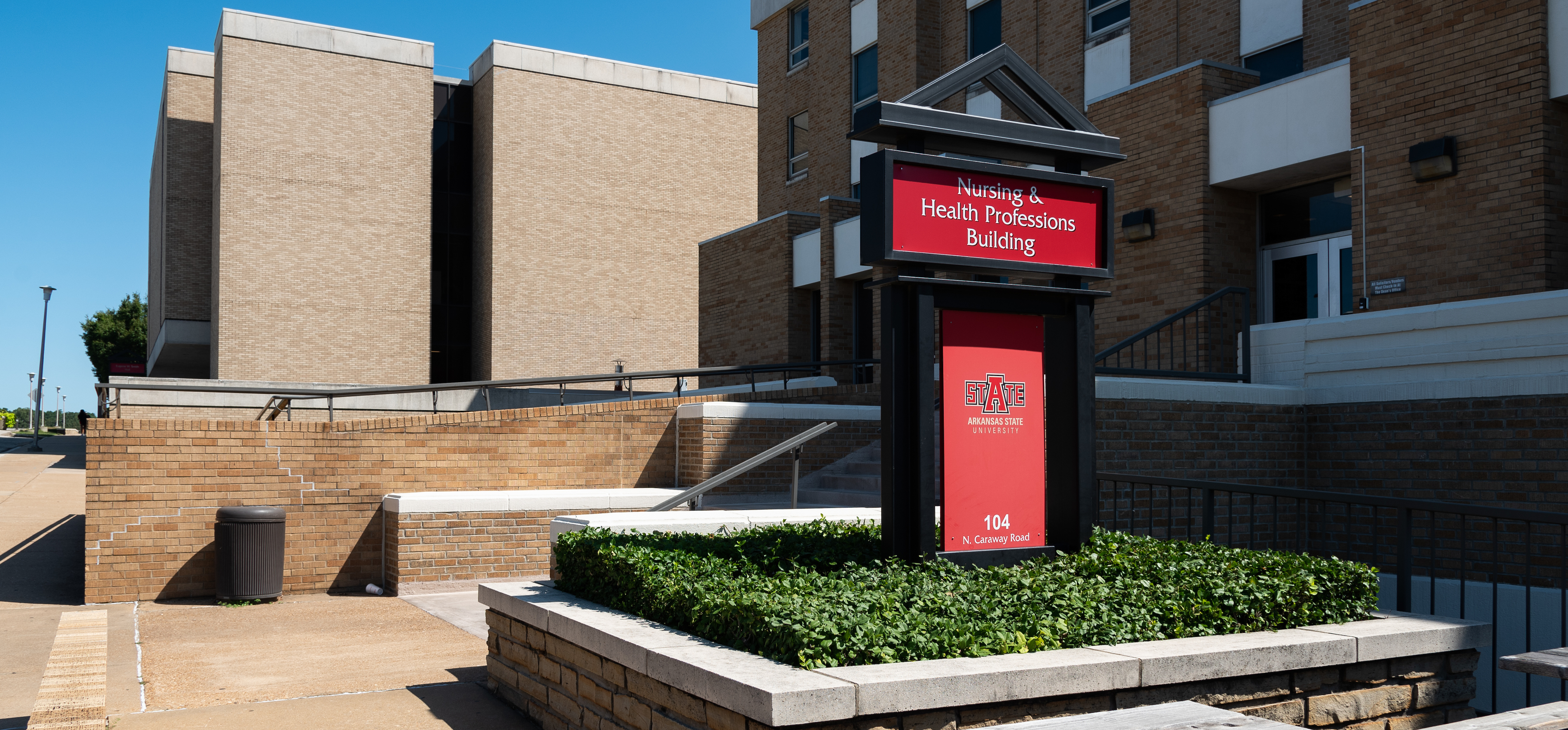Degree Name
Nursing Practice, DNP
Publication Date
7-30-2024
Upload Date
2024
First Advisor
Linda Latting
Second Advisor
Carmen Smith
Abstract
This quality improvement project (QI) aimed to provide nursing students in the traditional Bachelor of Science in Nursing (BSN) program with different forms of supplemental instruction (SI). The problem identified considered that nursing students' success rates have been dwindling for years, decreasing the number of nurses available. The purpose was to evaluate the effectiveness of SI in promoting student success throughout the semester. SI was first introduced at the University of Missouri-Kansas City in 1973 and is utilized primarily to improve student success in courses that are often considered "high-risk" for failure (Bowman et al., 2021). When SI is appropriately implemented early in the program, it can help develop effective study habits and the ability to think critically and include different teaching strategies that fit all learners' needs. Methods included faculty-implemented weekly, forty-five-minute SI sessions for first-year nursing students in the traditional BSN program. These sessions included exam content review, additional case studies related to exam content, and peer-to-peer discussions. A paired t-test was used to compare the student's exam scores in two courses throughout the semester. Results indicated that the students' mean exam average increased as they attended more SI sessions, and a p-value of less than 0.05 was recorded. These findings indicate a positive statistical significance on student success after implementing the SI sessions.
Rights Management

This work is licensed under a Creative Commons Attribution-NonCommercial 4.0 International License
Recommended Citation
Smith, Lauren, "Nursing Shortage Crisis: Can Implementing Supplemental Instruction Impact Nursing Students' Success in Nursing Programs?" (2024). Doctor of Nursing Practice Projects. 92.
https://arch.astate.edu/dnp-projects/92


